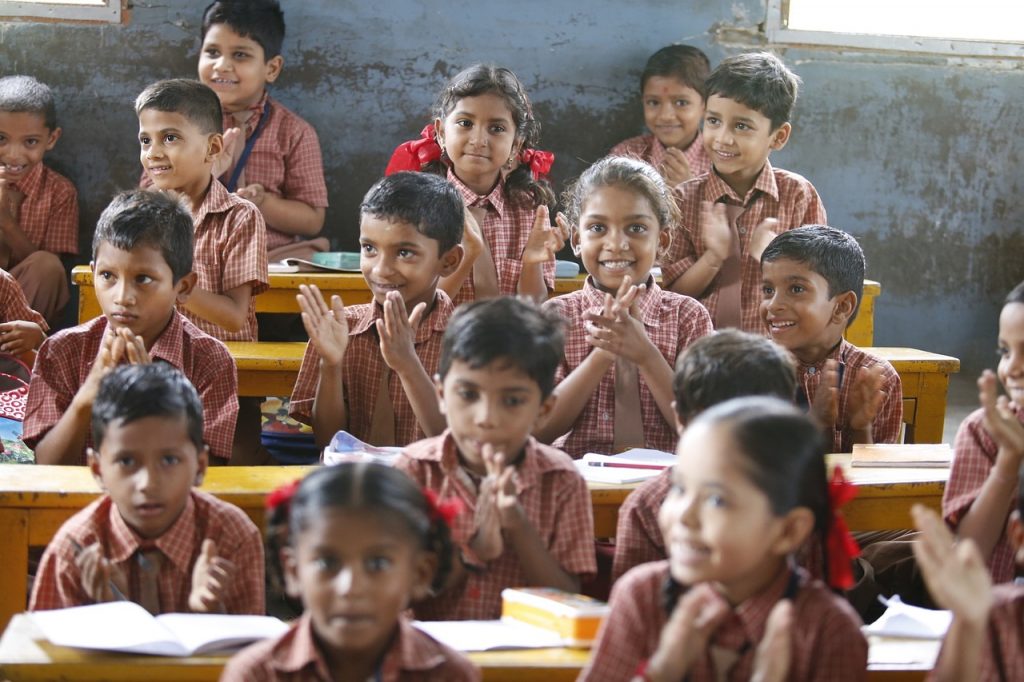Skeptical Adversaria 3 (2009), 5-6
Reproduced with permission
The registered charity I Can has produced a series of booklets on children’s ‘Speech, Language and Communication Needs’. They naturally focus on British English and on the problems that some children (even if native speakers) experience in this area – and the consequences for the children and for society. The relevant concerns are not new (witness the 1975 Bullock Report); and (although itself lacking in examples) this new material is heavily documented from academic sources and is potentially very helpful. It is especially strong on probable links between linguistic deficits of different kinds (eg delayed acquisition of pronunciation features and spelling problems such as dyslexia).
But there is a need for caution here. The linguistic material referred to by ‘I Can’ is noticeably slanted towards psycholinguistics at the expense of the equally relevant field of sociolinguistics. As the vast majority of sociolinguists have agreed since William Labov’s work of the early 1960s, much of what is regarded by non-linguists (including some teachers) as linguistic deficit is in fact a matter of linguistic difference between socially-defined groups of native speakers: non-standard vs standard grammar, skills in rapping vs argumentation, etc. Some students’ verbal skills and strong grasp of core linguistic structures may remain unacknowledged because these skills and linguistic forms are not those regarded as acceptable or useful by the educational establishment.
Admittedly, some sociolinguists have overstated this point; and in any case it does not imply that genuine deficits in children’s speech or writing (even if these are less common than might be imagined) should not be addressed urgently. Neither does it mean that standard dialects are not crucial in modern society (especially but not only in respect of written language), or that children who can rap or text fluently but cannot yet argue a point coherently do not need to acquire the latter skill. But these children are not thereby ‘worse’ at language per se.
The ‘I Can’ material is not so unsophisticated as to suggest that they are ; and it does acknowledge the role of social ‘class’ in the linguistic acculturation of children (exposure to books, etc) and differences between the language requirements of home and school. But (perhaps partly through striving for ‘political correctness’) it rather downplays the notion of social-group-based linguistic differentiation, and the issues in this area are thus soft-pedalled, to the disadvantage of teachers without a good knowledge of linguistics (eg most science teachers).
One key topic which is almost totally absent here is that of the need for early acquisition of active fluency in ‘second dialects/accents’ by children growing up in highly ‘dialect-divergent’ areas such as rural North-East Scotland. These children’s native speech, while fluent and wholly appropriate locally, is not readily understood elsewhere – and is very different from British norms for written English. And this need can easily be presented positively: such children can become bi-dialectal much more readily than can middle-class children in eg South-East England, with ‘empowering’ consequences.
In addition, ‘I Can’ seems to see bilingualism as at best neutral in respect of SLCN. Most linguists would regard knowledge of more than one language, if properly managed, as a major positive asset in further language learning and learning generally.
Yellow adjectives
A rather unusual phenomenon in linguistic studies involves the psychological phenomenon known as synaesthesia: the ‘mixing’ of senses, for instance the perception of sounds as smells (as well as sounds) or the ascription of colours to personality traits (people may be seen as ‘purple’ or ‘turquoise’). People who experience synaesthesia generally regard it as an asset rather than a ‘condition’, and some use it as a ground for artistic endeavour (I recently met a poet whose work is deeply informed by her synaesthesia and is titled accordingly).
I once taught English grammar to a student (a native speaker) with synaesthesia. One manifestation involved the ascription of colours to ‘parts of speech’. She had experienced this ever since learning the relevant concepts. Adjectives were yellow, nouns brown, etc. In consequence, it was very difficult to persuade her that she was mistaken in any of her parsing decisions. She and I finally agreed to distinguish between eg ‘adjectives’ and ‘syn-adjectives’. Interestingly, the cases of mismatch were all marginal in one way or another.
Whence wisdom?
The flavour of the month seems to be ‘training’; without this, apparently, no-one can do a job. In 2008, a family Thomas The Tank-Engine outing had to be cancelled because a man who had played the Fat Controller to everyone’s delight for 25 years had never been ‘trained’ to do so! But some readers may have shared my experience of meeting a completely unqualified expert on some intellectual subject whose only ‘training’ has been their wide and deep reading. (And of course ‘trainers’ must themselves have been trained…) Further, one meets people altogether untutored in a given scholarly discipline (or any such discipline) who grasp it amazingly rapidly on exposure. I knew a Melbourne woman from a very non-academic background (her only relevant asset was that she knew some Hungarian, through her family) who at once mastered even the most awkward aspects of the 1st Year linguistics material which I showed her. In a tutorial, she would be the most likely future PhD candidate.
In a similar way, my Cumbrian lady-friend’s talent for learning new subjects amazes me. She can even commentate on cricket (‘Two runs there…He’s walked’), despite having little interest in it and no prior exposure. In philosophy it is less important to learn facts, but J’s natural grasp of logic and argumentation is again outstanding. For instance, she has arrived at a moderate version of postmodernism without having even heard the word until recently (from me)! I do not myself agree with all of her philosophical views, but she defends them admirably with no background knowledge at all. Such people should surely be encouraged – and their talent studied (even though some of them become ‘nutters’!)

